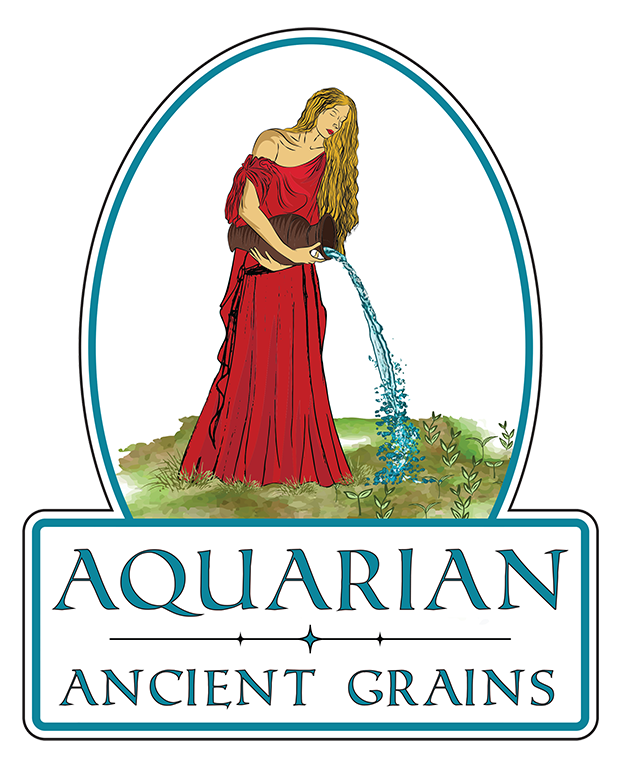Quinoa is a highly nutritious grain-like seed that has gained popularity in recent years due to its impressive health benefits. Originating from the Andean region of South America, particularly Bolivia, quinoa is often referred to as a “superfood” because of its exceptional nutritional content.
It is packed with essential amino acids, making it a complete protein source, and is rich in fiber, vitamins, and minerals. It’s also an excellent source of iron, magnesium, and potassium.
Besides its nutritional value, quinoa is delicious and easy to incorporate into various dishes. It has a mild, nutty flavor and a light, fluffy texture when cooked. Quinoa can be used as a substitute for rice, added to soups and salads, or even used in baking.
Overall, quinoa is a powerhouse grain that offers numerous health benefits and can be a valuable addition to a balanced diet.
Organic quinoa is grown without the use of synthetic pesticides, fertilizers, or genetically modified organisms (GMOs), making it a healthier choice compared to conventionally grown alternatives. Additionally, quinoa is gluten-free, making it a suitable option for those with gluten sensitivity or Celiac disease.
Organic quinoa’s high fiber content promotes digestion and helps to regulate blood sugar levels. It also contains antioxidants that protect against cellular damage and inflammation. Regular consumption of organic quinoa has been associated with lower risks of heart disease, type 2 diabetes, and certain types of cancer.
Organic quinoa is considered healthy due to its nutrient-rich composition and the absence of harmful chemicals commonly used in conventional farming practices. Adding this versatile grain to your diet can enhance your overall well-being and contribute to a more balanced and nutritious eating pattern.

